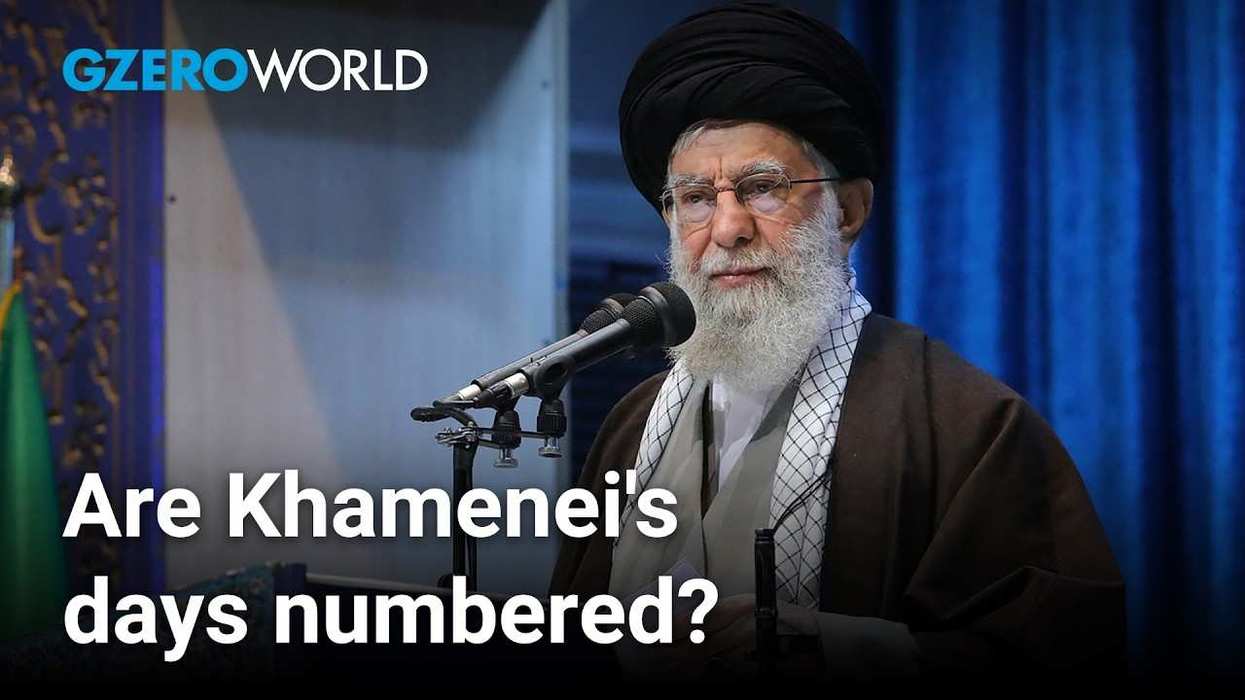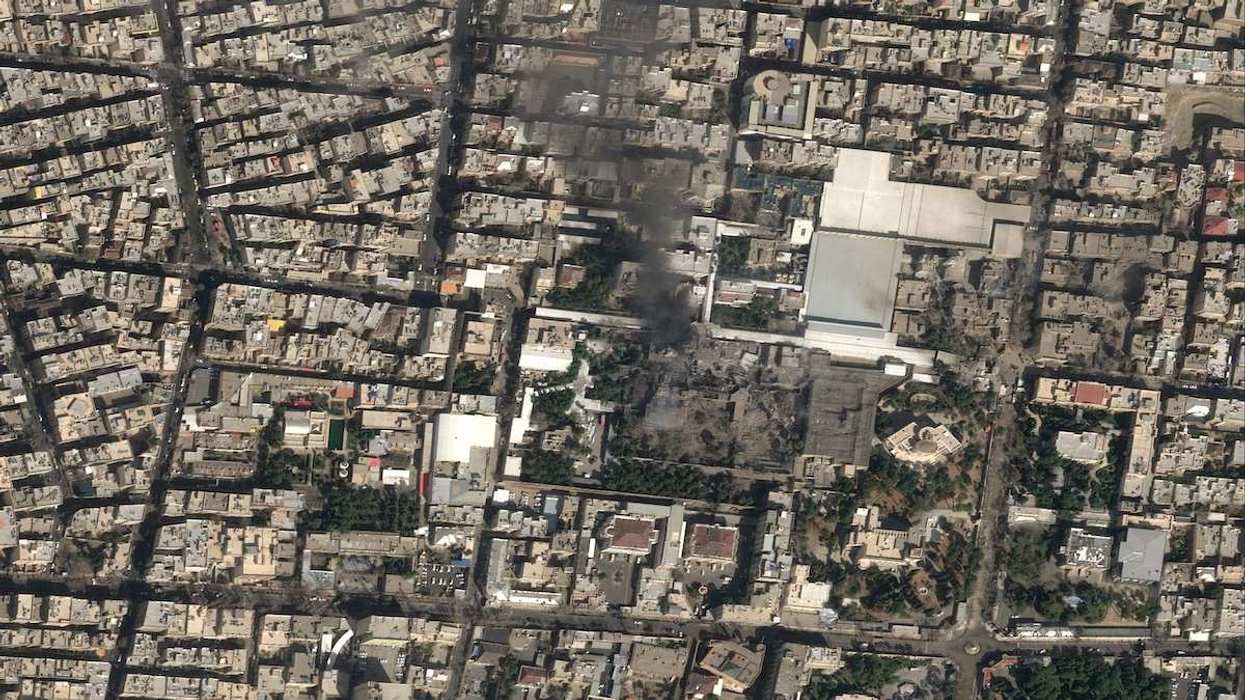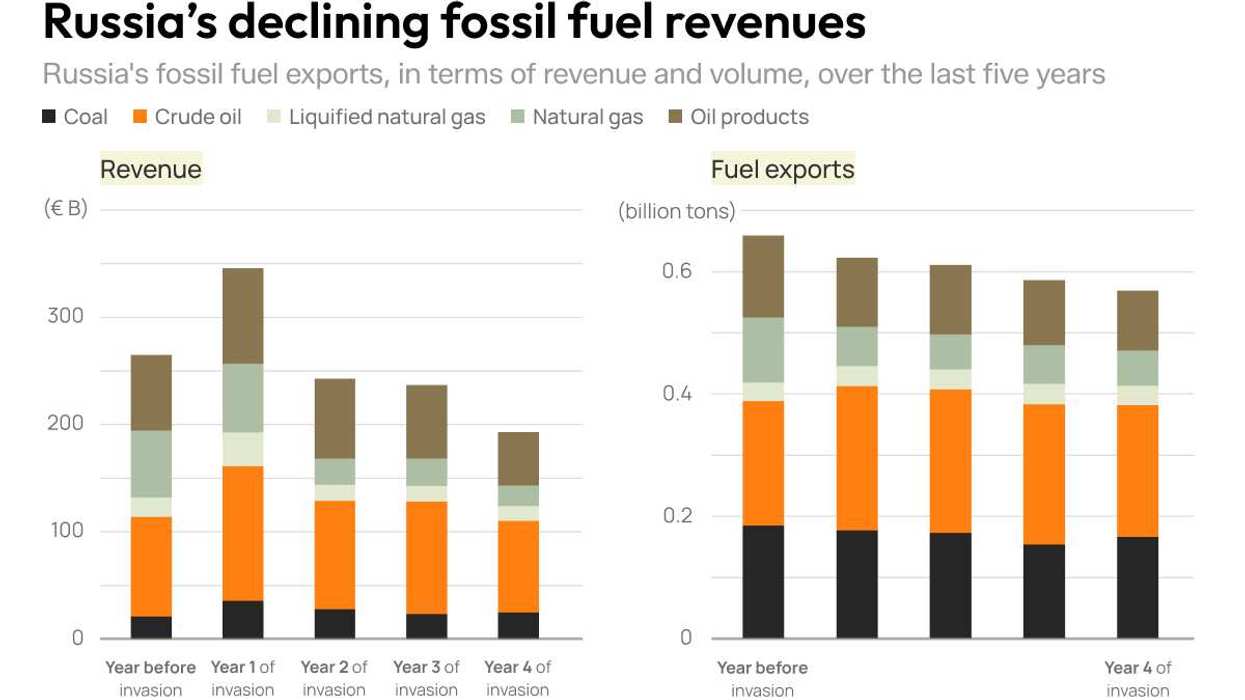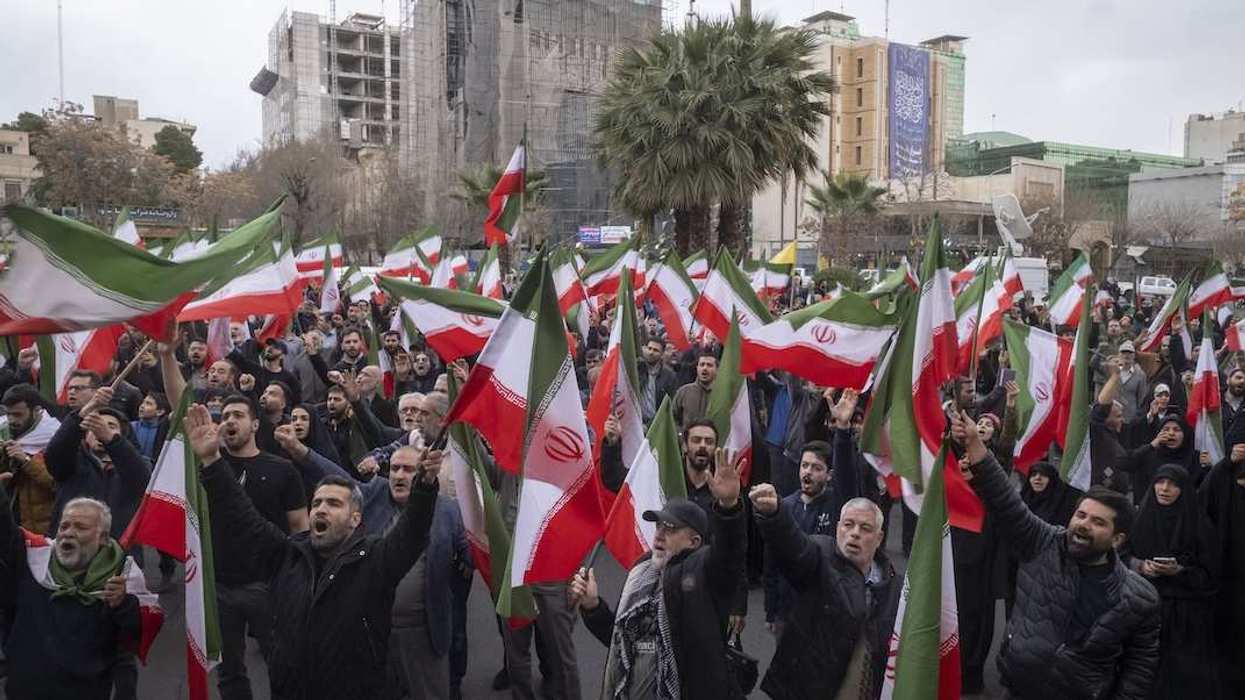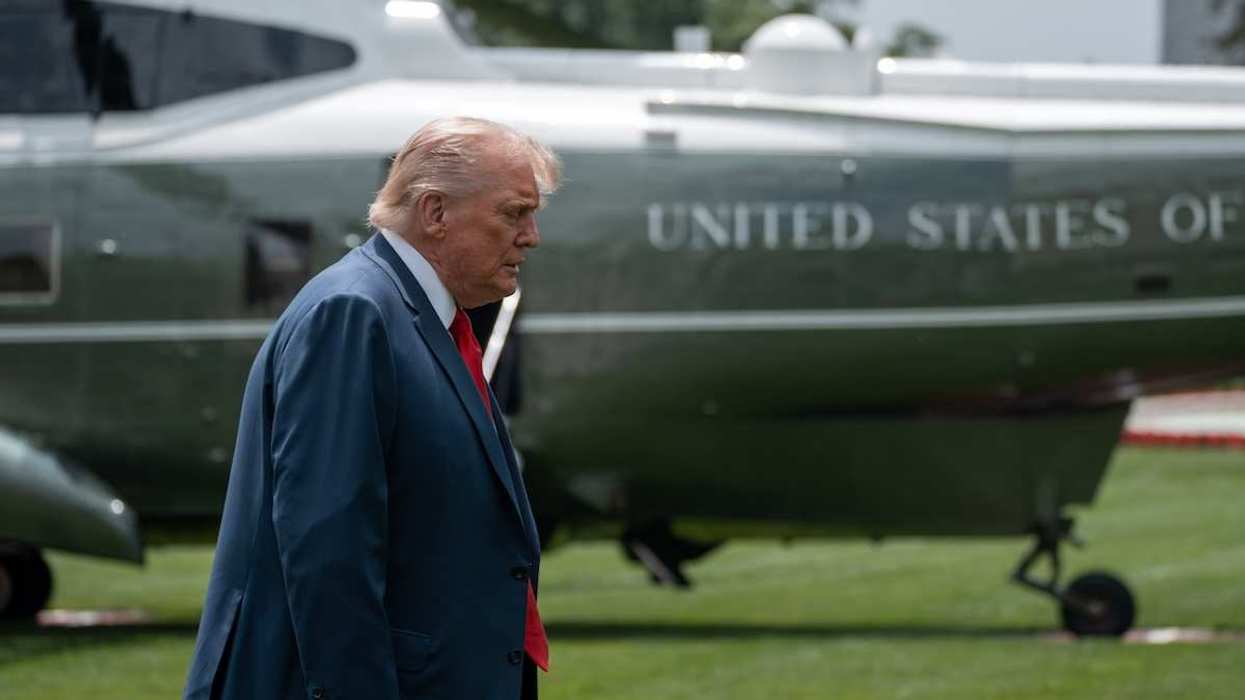For all the talk of a US-Europe split, US President Donald Trump’s supporters are rather invested in elections on the continent. Tesla owner Elon Musk advocated for Alternative for Germany (AfD) ahead of that country’s election in February. Donald Trump Jr. met one of the nationalist presidential candidates ahead of Romania’s election, while favorite George Simion now actively courts his father.
Now it’s Albania’s turn. Trump’s former co-campaign manager Chris LaCivita has been boosting former Prime Minister Sali Berisha’s bid to return to power on the Adriatic Sea. LaCivita got a hand from the Heritage Foundation, the conservative think tank behind Project 2025. The group “has been instrumental in helping Albania’s Democratic Party reshape its electoral program and platform,” according to Sokol Lleshi, a politics professor at the University of New York, Tirana, pitching traditional family values with a familiar slogan to match: “Make Albania Great Again.”
But will MAGA find a following in Albania? We’ll know by Tuesday, when the results of Sunday’s national election are expected.
Who’s in the race? Berisha, who leads the center-right Democratic Party (PD), ran against three-term incumbent Prime Minister Edi Rama, head of the center-left Socialist Party (PS). While the opposition leader recycled the MAGA message, Rama’s campaign centered on achieving accession to the European Union by 2030. Several other smaller parties hope to win some of the 140 parliamentary seats to gain influence.
Who’s going to win? With roughly 30% of the ballots counted, Rama is running away with it – the PS has garnered 53% of the vote thus far, while PD flounders on 34% – raising questions over the salience of the MAGA message in this Eastern European enclave. Hard-right parties have enjoyed success in Italy, Germany, Hungary and Romania, but plugging and playing this strategy into Albania isn’t as straightforward, in part because the country wants to join the EU.
“The Democratic Party has relied a lot on some of the ideological messages of the MAGA movement and Donald Trump,” said Lleshi. “So they are not talking too much or sufficiently enough, in my understanding, about EU integration.”
The Battering Ram-a. The current global conditions may make Tirana’s EU accession possible: With the White House distancing itself from Europe, the 27-member bloc is looking to strengthen its position, and its ranks. This underscores why the eccentric and artistic Rama is favorite to win a 4th term.
Just one problem. Corruption has tarnished Albanian politics ever since the country regained independence in 1991. This has stymied Tirana’s efforts to join the EU, since rooting out graft is a precondition for membership. Many of Rama’s allies have been found guilty of corruption, and several political leaders from other parties, including Berisha, face corruption allegations.
SPAK, Albania’s anti-graft body formed in 2019, is trying to root out this problem – it is one of the most trusted institutions in Albania.The opposition leader’s disdain for SPAK thus puts him out of sync with much of the electorate.
Middling MAGA. If Rama wins, this will mark the third recent foreign election where MAGA opponents have won. Canadian Prime Minister Mark Carney rode a wave of anti-American sentiment to win last month’s election, while Australian Prime Minister Anthony Albanese roared to victory over his MAGA-lite opponent last weekend. Though Rama’s message hasn’t been explicitly anti-American – the country has pro-American roots, dating back to President Woodrow Wilson’s support for Albanian independence after World War I – his expected victory suggests there are limits to transplanting the MAGA message abroad.
Outside of politics, what’s interesting about Albania? First of all, it has a rather distinctive flag, featuring a double-headed eagle on a sharp, red background (an inspiration for the Durmstrang Institute of Harry Potter fame). Its most renowned citizen is pop star Dua Lipa, although she was born and raised in London.
Dua could vote, too. A change in the voting rules means that everyone in the Albanian diaspora — which comprises over a million people — was able to draw a ballot for this election. However, only 245,000 of them requested a mail-in vote, of which 181,000 had been returned as of Sunday morning, per Lleshi. The professor says that gauging how the diaspora voted, however, is a fool’s errand.

